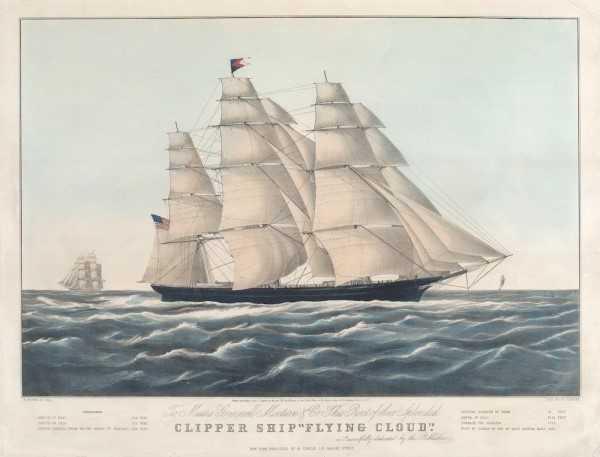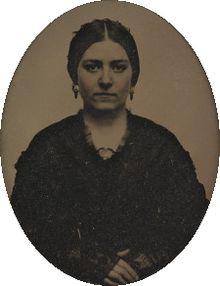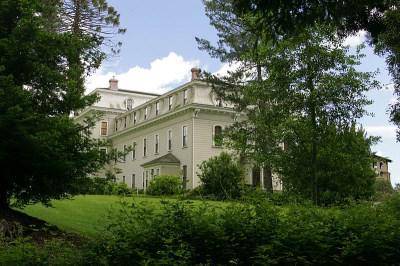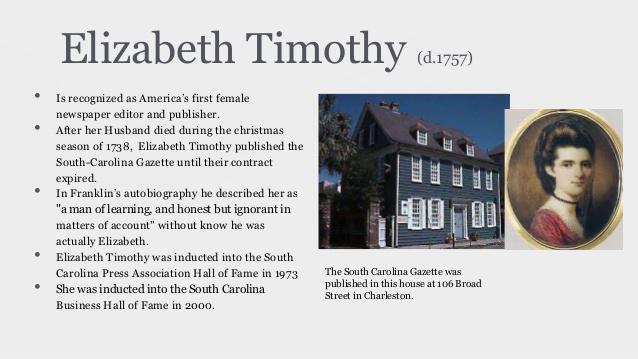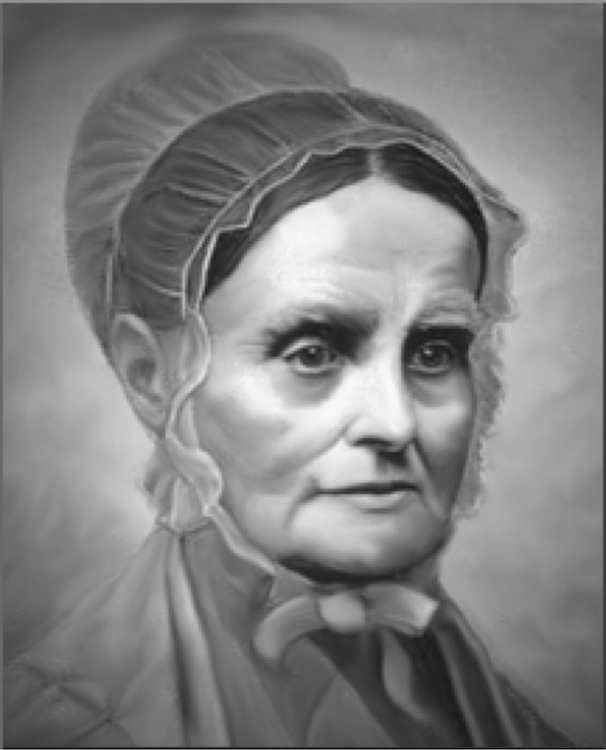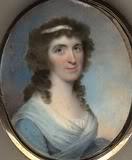Female Navigator of the World’s Fastest Clipper Ship Eleanor Creesy was the navigator of Flying Cloud, a clipper ship that set the world’s sailing record for the fastest passage between New York and San Francisco in 1851. She and her husband – Josiah Perkins Creesy, skipper – beat their own record two years later, and it was not broken until 1989. Image: Clipper ship Flying Cloud by Currier and Ives Flying Cloud, a Gold Rush era clipper ship, was commanded by Captain Josiah Creesy from 1851-1855. Eleanor Creesy sailed with her husband and served as his navigator throughout his career. Early Years Eleanor Prentiss was born on September 21, 1814, in Marblehead, Massachusetts. Her father was a master mariner, and…
